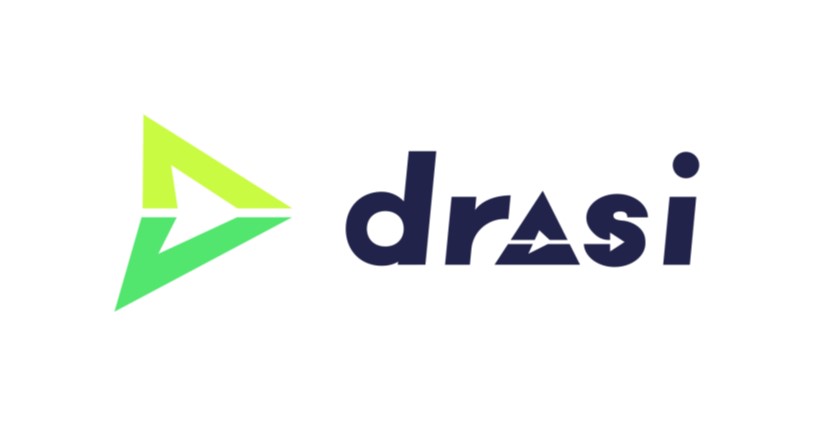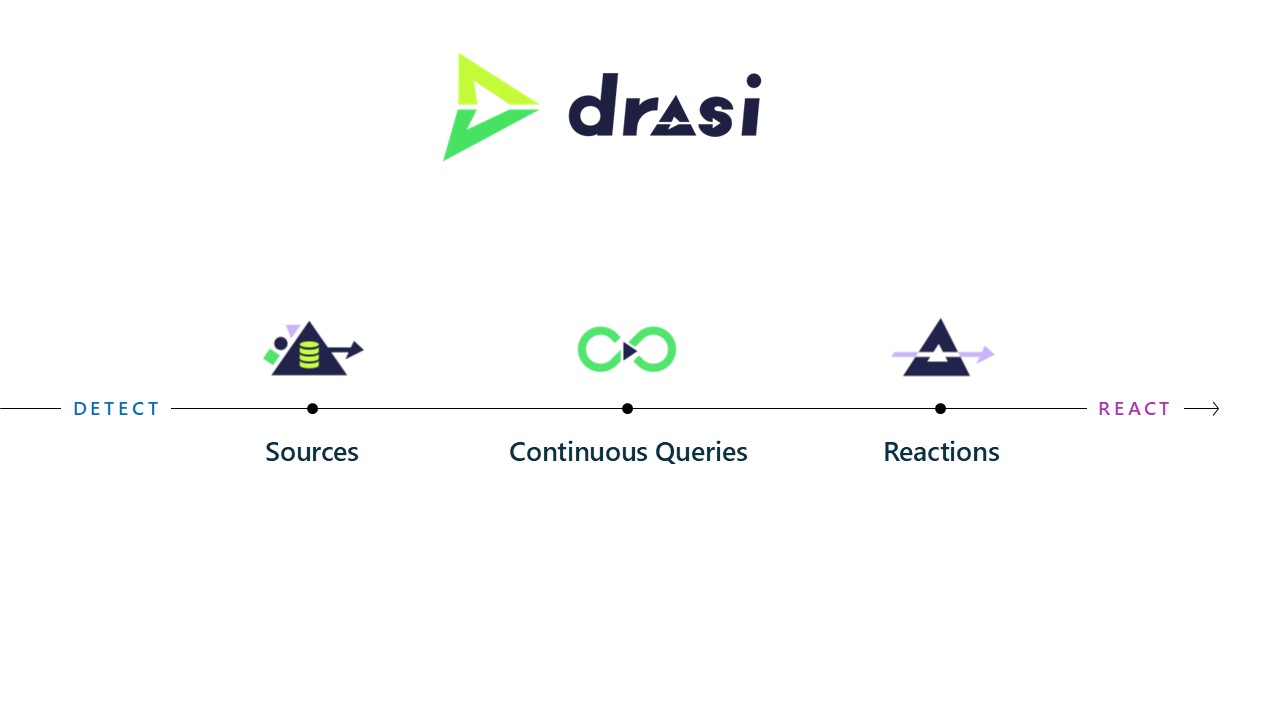
Marking Drasi’s first anniversary: introducing GQL support for Continuous Queries
Drasi turns one with GQL support—giving developers more ways to build change-driven…

The Azure Incubations team is proud to share that Drasi, an open-source data change processing platform released under the Apache 2.0 license, has officially been accepted into the Cloud Native Computing Foundation (CNCF) Sandbox. Drasi’s acceptance places it alongside a respected cohort of forward-looking cloud-native projects and affirms its role as a platform purpose-built for enabling near-real-time, change-driven data processing at scale.
This milestone represents more than just a validation of the project’s technical vision. It marks the beginning of a new chapter in the evolution of change-driven architectures—a model where applications and infrastructure can react immediately to meaningful changes in data, with clarity and precision.

Drasi is a data change processing platform designed to help developers and system operators detect, analyze, and respond to meaningful changes in data as they occur, without requiring complex event processing frameworks or inefficient polling mechanisms. Rather than relying on traditional patterns where systems periodically query for updates or consume raw event streams, Drasi enables a more elegant, declarative, and efficient approach: change-driven solutions. For example, with Drasi you can declaratively write automation to detect and respond to running containers with newly identified vulnerabilities across pods and deployments in a Kubernetes cluster.
At the heart of Drasi’s architecture are three foundational components:

This architectural pattern makes Drasi a powerful foundation for applications requiring near-real-time responsiveness to important changes, such as IoT ecosystems, fleet management systems, and smart infrastructure. Its acceptance into the CNCF Sandbox highlights its relevance to cloud-native paradigms and its potential to transform how organizations harness data changes.
Drasi is freely available under the Apache 2.0 license, with its source code, tools, SDKs and documentation hosted on GitHub. Detailed technical resources, including implementation guides and examples of change-driven solutions, can be found on the official documentation site. Contributions and collaboration from the technical community are encouraged through these platforms and the project’s Discord server.
Since its initial release in October 2024, Drasi has seen steady growth in contributions and capabilities, thanks to both core maintainers and external contributors. Several notable enhancements have been delivered in recent months, reflecting the community’s interest and the project’s technical agility:
These enhancements reflect Drasi’s commitment to an open source, multi-cloud platform for processing data changes. By doing so, the platform enables organizations to move beyond traditional event processing and polling-heavy systems, adopting more expressive, maintainable architectures driven by meaningful change.
The CNCF Sandbox is designed to provide early-stage projects with a neutral home under the CNCF’s governance model, along with access to a global network of developers, practitioners, and infrastructure experts. Drasi’s inclusion opens avenues for growth within the cloud-native community as well as tighter collaboration with complementary CNCF projects. It also signals that the data change processing model has a meaningful role to play in the future of software systems.
For Drasi, acceptance into the CNCF Sandbox is a major opportunity to:
This inclusion will support the platform’s evolution as a leader in data change processing, driving the development of new features, integrations, and change-driven solutions tailored to emerging industry needs.
Drasi’s CNCF Sandbox acceptance is not just a recognition—it’s an invitation. Join us in building a better future for change-driven systems. Whether you’re building cloud-native apps, operating large-scale distributed systems, or exploring smarter automation strategies, now is the perfect time to get involved. You can learn more and start building at drasi.io, browse the codebase on GitHub, or join the community on Discord.

Drasi makes it easy and efficient to detect and react to changes in databases.